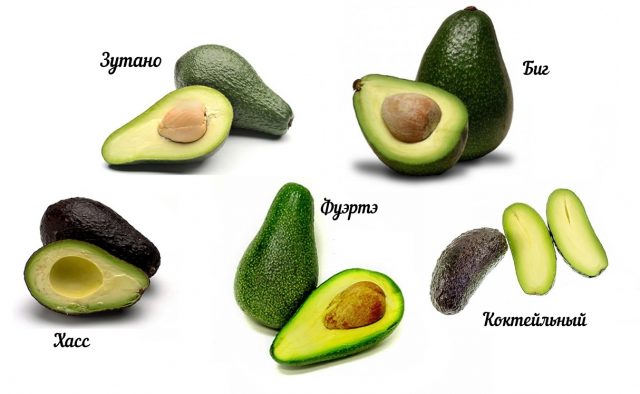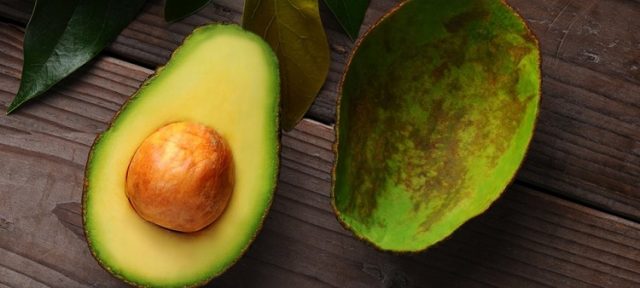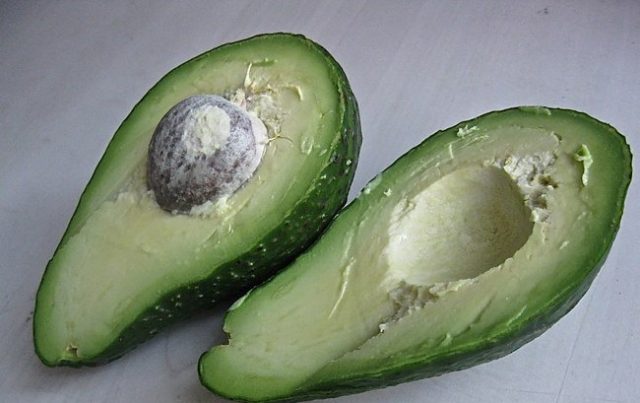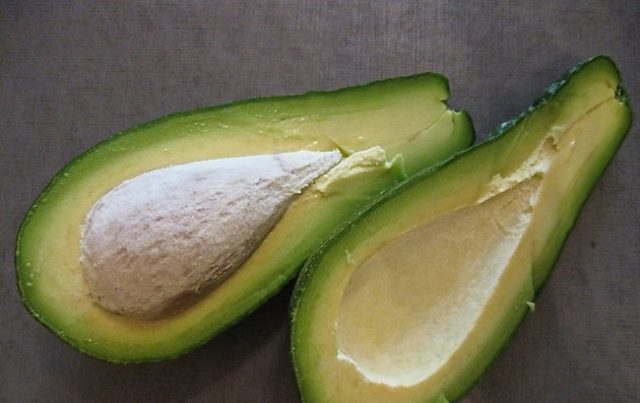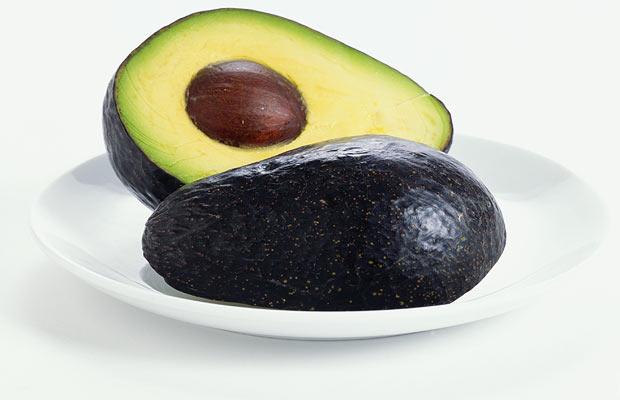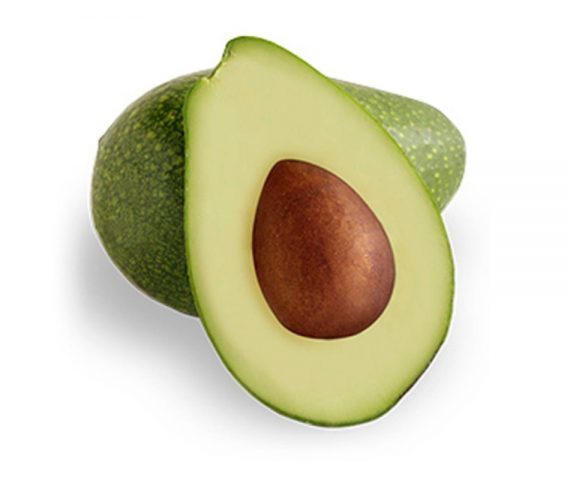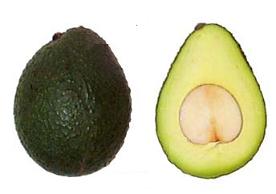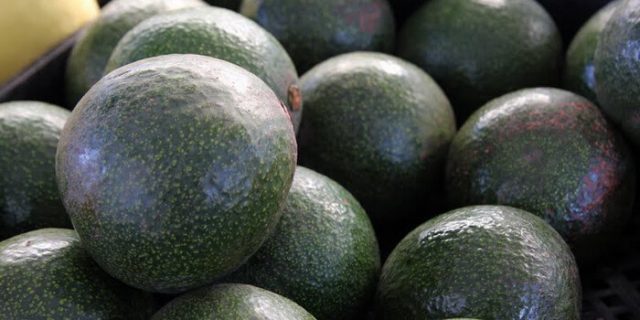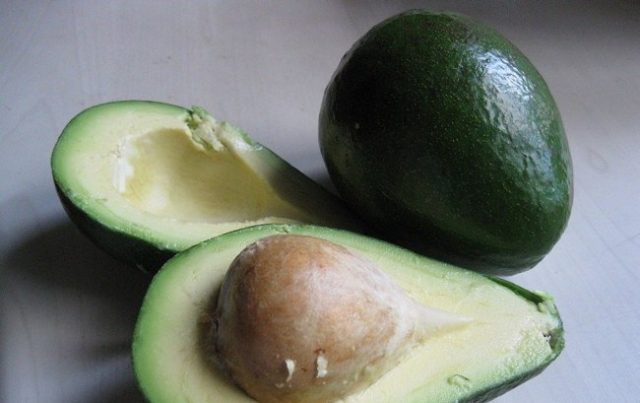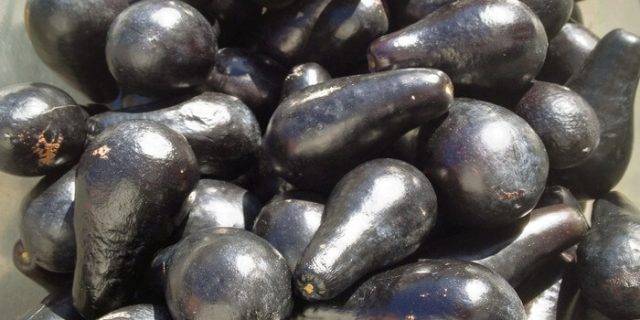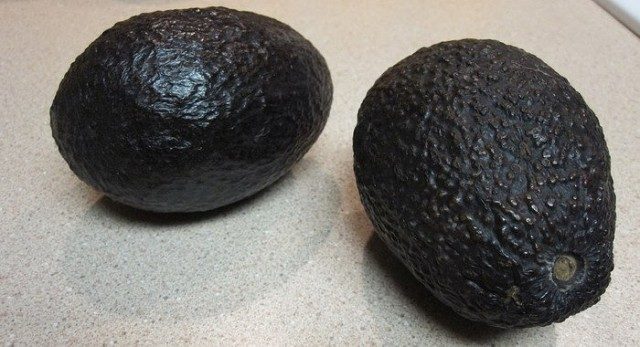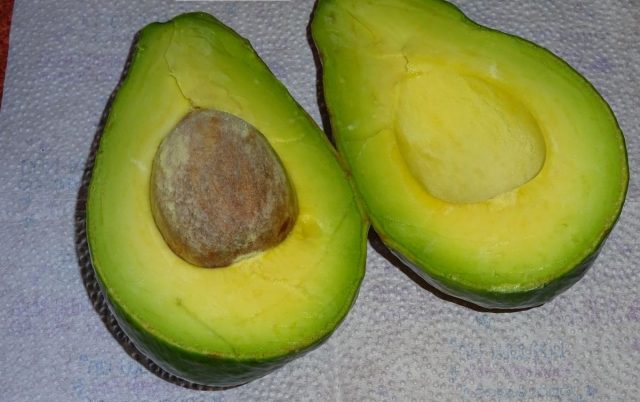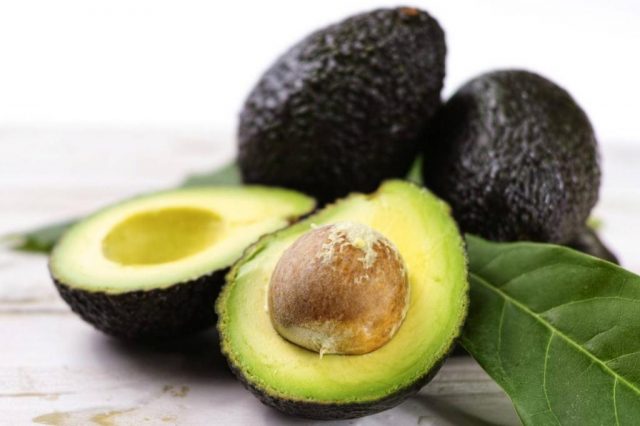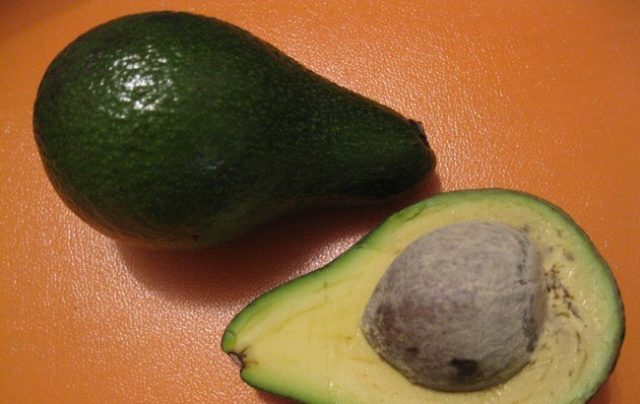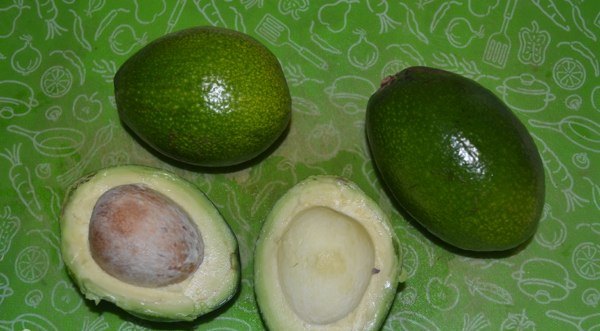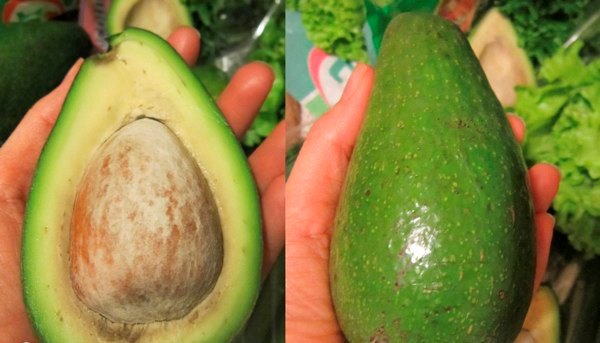Content
Avocados have been on the market for a long time. But hardly anyone from avocado lovers seriously thought about how many different species and varieties of this plant exist in the world and how they differ. Meanwhile, there are quite a few differences, both in color shades, and in size, and in shape, and in taste. At the moment, only the most frost-resistant varieties of avocados are grown in Russia, and there are more than 400 of them known in the world.
What varieties of avocados are there
Almost all currently known avocado varieties originate from the American continent. But, depending on the adaptability to different climatic conditions, it is customary to distinguish three races or types of avocados:
- Mexican or subtropical;
- Guatemalan or intermediate;
- West Indian or tropical.
Plants belonging to the Mexican species are the most resistant. Their homeland is the mountains of Mexico and Central America, so they are able to withstand relatively harsh conditions and frosts down to -8-10 ° C. A characteristic feature of trees belonging to this race is a kind of aniseed smell, which the leaves emit when they are rubbed. Flowers of these plants bloom for a long period from March to June. At the same time, small fruits, weighing up to 300 g, have time to ripen by autumn (from September to November). They have a thin, delicate and smooth skin. It is the plants of this species that are successfully cultivated in the Mediterranean climate, as well as in Russia, as the most hardy and unpretentious.
Species belonging to the Guatemalan or transitional race are more thermophilic and demanding to care for. Their homeland is the mountain ranges in southern Mexico and Guatemala, where frosts, of course, happen, but very rarely. The leaves of the trees are odorless, and the flowers appear in May-June. Plants are characterized by a long period of fruit ripening - from 12 to 15 months. For such a long period of time, the largest avocados, which can weigh up to 1-1.5 kg, have time to ripen. Their skin is thick, has large roughness, and the bone is small, but usually poorly separated from the pulp.
Finally, the most thermophilic species are those belonging to the West Indian or tropical race. These plants are the most fastidious in terms of growing conditions, they do not tolerate large seasonal temperature differences. They also bloom in late spring, but their fruit ripening period is much shorter - about 7-8 months. Avocados of these varieties have a thin skin and delicate flesh, and weight can vary significantly depending on growing conditions.
Despite this division according to climatic characteristics, most of the modern most popular avocado varieties were obtained as a result of interspecific crossing and therefore can have characteristics of different races and be more or less resistant to weather conditions.
There are several other classifications of avocado varieties. For example, by the type of flowering:
- type A - if at least a day passes between the periods of male and female flowering;
- type B - if less than 24 hours pass between different flowering periods.
Also, avocado varieties can differ in skin color (from light green to black), shape (pear-shaped, round, oval), size (from 150 g to 1500 g), fruit taste.
The best varieties of avocados with photos
Regardless of the various natural species, the most popular modern avocado varieties with photos, which can also be found on sale in markets and in stores in Russia, are described in detail below.
Fuerte avocado variety
The variety has been known since 1911. It is a hybrid between Mexican and Guatemalan avocados. The shape is most often pear-shaped, and the stone is small in size, has the shape of a droplet. The fruits themselves are of medium size, weighing about 400 g. The skin is thin, smooth, easily separable from the pulp, the color is typically green, without pronounced light and dark shades, does not change during ripening. Flowering type B, bears fruit mainly in autumn.
Pinkerton avocado variety
The fruits of this variety can be winter and summer in terms of ripening. And if summer avocados have a high fat content and an amazing taste, then winter ones are rather watery and low-fat. But all of them are united by the pear-shaped elongated shape of the fruit with a small bone, which takes up no more than 10% of the total volume of the avocado, and a thick, pimply peel. The color of the pulp can be very different: white, yellow, greenish. As it ripens, the skin frankly darkens. Fruit weight can reach 500 g. The variety is quite new, it has been grown only since 1972.
The trees of this variety are very powerful, spreading, and have a high yield.
Ettinger avocado variety
Ettinger is considered to be one of the most delicious avocado varieties.
Since 1947 it has been grown in Israel and, despite its low fat content, have a wide variety of flavors. Ripe avocados can taste like pine nuts, yogurt, processed cheese, and even fried mushrooms. The fruits are medium in size, oval-pear-shaped in shape. Among other varieties, it stands out for its large size with a gray stone, but the peel is very thin and smooth, it often breaks when peeled. But unlike other varieties of avocado, it is free of toxins, so nothing terrible will happen if you accidentally swallow a small piece of it.
In addition, the uniqueness of the Ettinger variety lies in the fact that avocados do not deteriorate from long-term storage, but, on the contrary, acquire additional flavoring nuances.
Haas avocado variety
This avocado variety, most often grown in California, is one of the most common, especially among those brought to Russia. Perhaps this is due to the fact that it ripens throughout the year. The fruits are characterized by an oval shape, medium size and a small pit. The peel is very dense, pimply, as it ripens, it becomes dark purple and almost black. Avocados also store well and can be easily transported. At the same time, the pulp of light green color has an increased fat content and a delicate nutty flavor.
Avocado Bacon variety
One of the leanest and even slightly watery varieties. Belongs to the Mexican species. Fruits are very small with a medium-sized stone and a very thin and smooth green skin, which practically does not change its color during ripening. The shape is oval, the flesh is pale green in color. It has been cultivated mainly in California since 1951.
Avocado variety Gwen
Medium-large in size, oval-round fruits in all respects slightly resemble the Hass avocado. The skin is dense, pimpled, green, poorly separated from the pulp. The stone is small, round in shape.
The pulp has a yellowish tinge and the taste of scrambled eggs, with a high fat content.
Avocado Reed variety
The fruits of this variety have a not quite standard, almost spherical shape. They can be quite large in size, reaching a weight of 450-500g. Avocado belongs to the Guatemalan variety, therefore it does not tolerate freezing temperatures. The thick peel does not change its green color during the ripening process. The stone is also round, medium-sized, can make up 17% of the total fruit volume. The pulp has a rather yellowish tint and is characterized by a high fat content and taste, reminiscent of both nuts and pears.
Fruiting occurs mainly in the summer. This variety has been cultivated since 1948.
Zutano avocado variety
An excellent variety of the Guatemalan variety. It began to be grown in California in 1926, but at the moment the main supplies come from South Africa and Israel. The variety is considered summer in terms of ripening, but due to the fact that it is also grown in the Southern Hemisphere, these avocados can be found on sale throughout the year.
The fruits are oval-pear-shaped and rather large in size. At the same time, the skin is smooth and easily peeled off the pulp. It has a light green hue, which persists throughout the entire period of maturity. The bones are also large, they are round, and sometimes oval-elongated. The pulp is fatty and very tasty, white or slightly creamy. Many find that some of its varieties taste like an apple.
Other types and varieties of avocados
There are many more varieties of avocados in the world. Among them are those that are grown in Russia in the region of Sochi and Adler.
Mexicola
A typical representative of the Mexican race. The variety is relatively cold-resistant, able to withstand dry periods. In the climatic conditions of the Caucasus, it brings the greatest harvests. It is a typical representative of the black avocado variety. Since the dark purple hue of the fruit turns black as it ripens. The fruits are very small, weighing up to 100 g, have an oblong shape. Ripen from late August to October.
Puebla
Another variety that is completely calm about cold and frosty and also belongs to the Mexican race. The fruits are dark brown in color and oval-ovoid in shape and are slightly larger. Reach a weight of 200g. Ripen a couple of months later than the previous variety, in November-December.
Semil-34
This variety can be attributed rather to the elite and exotic. At least in Russia, it is very rare. The fruits are impressive in size, grow in weight up to 1000 g. The shape of the avocado is closer to spherical. The stone is also quite large, it can be up to 30% of the fruit's volume. The skin is green, slightly darkens when ripe.
Despite the fact that this variety is grown in hot climates, mainly in the Dominican Republic, its fruits are surprisingly hardy. They can be stored for a long time at a variety of temperatures, including fairly low temperatures.
The pulp in a semi-ripe state is quite juicy, has some fruity flavor. But in a fully ripe form, it becomes denser, oily, with a nutty taste and acquires a yellow tint.
Royal black
Another black avocado variety, which can also be attributed rather to the fruits of the elite class. The shape is rounded, and the skin is dense and intensely black. The creamy flesh has a rich yellow color. The bone is small.
This variety is very rare. The fruits ripen in the autumn-winter period, so they can be found on sale from November to March.
Ryan
One of the most delicious varieties with maximum fat content. It has been cultivated for a long time, since 1927.
The shape can be varied: from oval to elongated pear-shaped. The green rind is thick and dense, with occasional pimples. The pulp is yellowish.The taste resembles delicate mashed potatoes with the addition of butter and herbs.
The stone is round in shape, rather large, can take up to 35% of the total volume of the fruit. Fruits are of medium size, ripen from the end of September to December inclusive. Transportability is low, especially since if the fruits are picked too immature, then they begin to deteriorate, even before they have finally ripened.
Adris
Fruits of this variety, very tasty with medium fat content, are distinguished by their small size and oval-rounded shape. The stone is medium in size, and the peel is green, rather thick with pimples.
The fruits of this variety ripen in the spring, when they are in maximum demand.
Bernecker
A variety with a relatively small size of fruits has a light, beige pulp of medium fat content, reminiscent of egg yolk in taste. The shape of the fruit is rather pear-shaped, the stone is light, oval.
Thin and smooth peel easily separates from the pulp. It is characterized by a light green color with darker dots. Avocados ripen in autumn.
Conclusion
The avocado varieties actively cultivated throughout the tropical and subtropical belt of the earth are very diverse. Some are perfect for salads, others are perfect for the traditional Mexican dish, guacamole. The flesh of the fattest fruits can simply be spread on bread instead of butter. And the composition rich in minerals and vitamins allows them to be used in medicine and cosmetics.
